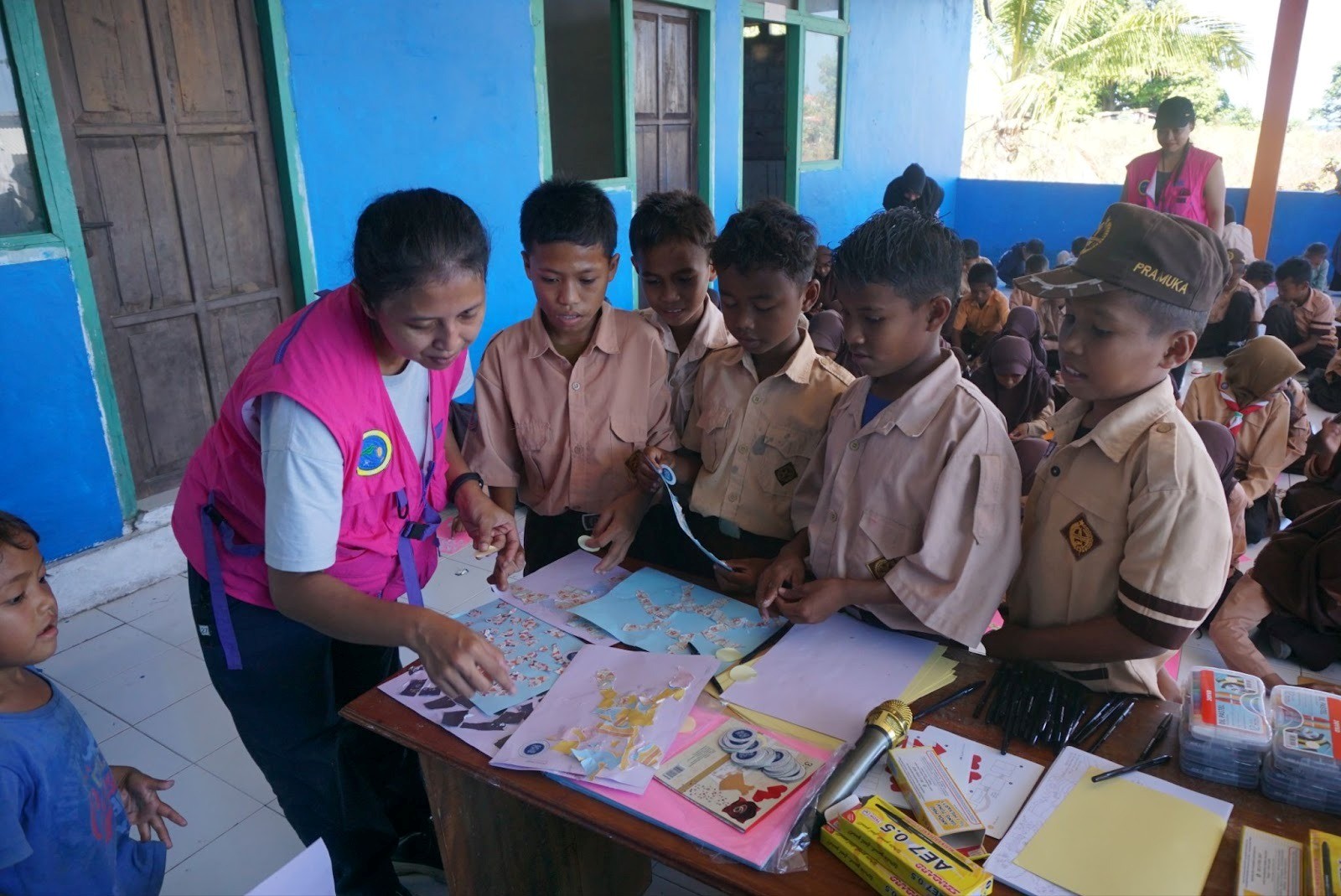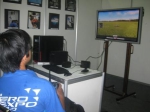Waste Management Endeavors to Support Green Campus
By Anggun Nindita
Editor Anggun Nindita

BANDUNG, itb.ac.id — Waste has emerged as a significant problem in every region of Indonesia. Inadequate waste management leads to the accumulation of vast amounts of waste and various subsequent challenges. This problem needs to be addressed through synergistic efforts from the entire community, including academia.
Therefore, a waste management webinar was held as a part of the Green Our Campus event. The event featured a speaker from the Faculty of Civil and Environmental Engineering (FCEE) at ITB, Dr. Ir. Made Wahyu Widyarsana, S.T., M.T., on Friday (25/08/2023).
Presented by the Environmental Engineering Alumni Association (IATL) ITB in collaboration with the Environmental Engineering Student Association (HMTL) ITB and the Environmental Infrastructure Student Association (KMIL) ITB, the series includes webinar, workshop, and competition designed to promote sustainable campus.
"A green campus refers to a university that prioritizes sustainable and eco-friendly practices. This eco-friendly culture is nurtured to create a comfortable, clean, shaded, pleasant, and healthy environment. The concept aims to reduce the negative impact of campus activities on the environment and raise awareness of environmental issues among students, staff, and the campus community in general," explained Dr. Wahyu.
The key indicators for achieving a green campus include the formulation of environmentally-oriented campus management policies, the creation of ideal green open spaces, the construction of eco-friendly buildings, the maintenance of environmental cleanliness and comfort, and the active participation of all academics in fostering an eco-friendly culture.
“ITB Jatinangor Campus has implemented this concept, with areas covering 82% of the campus. Two lakes are used for water resource conservation, helping mitigate flood impacts in Sumedang. Furthermore, there is waste management using an anaerobic digester plant to transform organic waste into fertilizer. "On the other hand, at Ganesha Campus, there is a composting facility located at the Integrated Waste Management Installation (IPST) Sabuga,” he said.

He mentioned waste management alternatives involving mechanical processes by reducing waste volume and size, biogasification, and the provision of a Black Soldier Fly (BSF) facility to process organic waste.
"The waste problem has become a serious concern amidst the ongoing climate change challenges. The implementation of a green campus must be more than just theory," said Dr. Wahyu.
Dr. Wahyu acknowledged that waste management presents numerous challenges and requires ongoing evaluation. Individual awareness needs to be increased. He emphasized that infrastructure development on campus must align with human development. Academics need to be educated about environmental issues on campus through socialization, education, and campaign.
“If we aim to create a green campus, it should be based on a sustainable campus. It’s not an easy path, as it needs our collective hard work,” he concluded.
Reporter: Maharani Rachmawati Purnomo (Oceanography, 2020)
Translator: Hanifa Juliana (Urban and Regional Planning, 2020)
Editor: Anggi Nurdiani (Manajemen, 2021)

.jpg)
.jpg)


.jpg)


